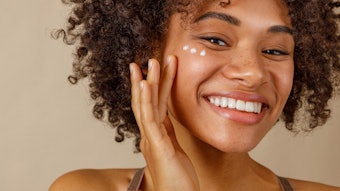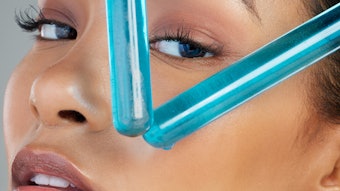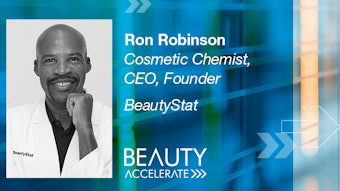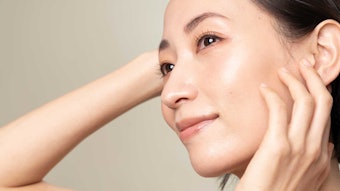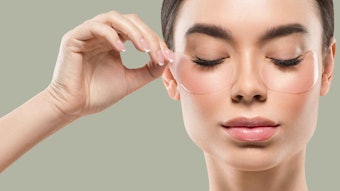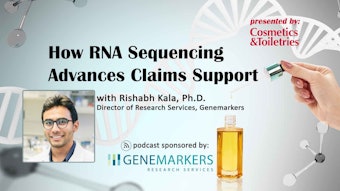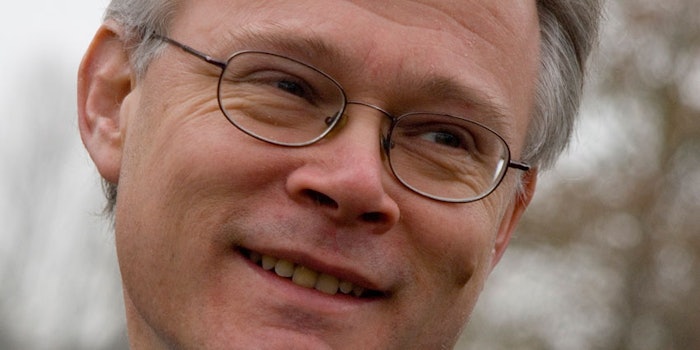
Editor's note: The "Words from Wiechers" series considers the many lessons the cosmetics R&D industry can learn from the late Johann Wiechers, Ph.D. He was a critical thinker, adviser, colleague and leader in the industry until his unexpected passing. Presenting Wiechers's insights is IFSCC Education Chair Anthony J. O'Lenick, Jr.
This month, we review chapter 33, "Close to the Borderline," in Wiechers's Memories of a Cosmetically Disturbed Mind. Here, Wiechers recalls when he was invited to take part in a public debate on whether perception is reality in the context of the cosmetic industry.
He asked, “What happens if the media find out about it and publish, completely out of context, that our industry now openly admits that we sell nothing more than hope in a bottle?” This is a recurring theme that Johann dealt with in several articles.
However, from my point of view, the more important question was addressed later: “The next question, then, was where cosmetic science stands. Is it normal science, borderland science or non-science?"
He continues, "Are we professional scientists? Are we all professional scientists? Do we publish in peer-reviewed journals? Do we all publish in peer-reviewed journals? Are we trying to discover ways to test our theories? Are we all trying to discover ways to test our theories?
"The repetition of questions makes it clear that, of course, you and I can answer yes to the first of all the above repeat questions, but that we also all know of plenty of colleagues in our industry that would not be able to answer in a positive manner. They are the ones doing commercial science where the objective is to find out how good their 'thing' is relative to benchmark or to nothing. You and I, on the other hand, do normal science that is done for finding out how 'things' work, and to test or deny our hypotheses.
"When you consider the last cosmetic conference or congress you went to, you will probably agree with me that, by far, the majority of cosmetic science is more observational than explanatory, severely suffering from confirmation bias, and most prominently performed to prove a point rather than to disprove a point.
"It's no wonder why, when you listen to yet another new raw material introduction, you are looking for holes that you can poke in their stories rather than really paying attention to the novel benefits and opportunities of that new chemical. Or even worse, that you need to repeat all the work, as the supplier of the information (and the ingredient) cannot be trusted. After all, his or her story is so fantastic every time."
"I believe that where we might fall short is lacking the science to substantiate the claims." -Tony O'Lenick
Wiechers added, “According to Michael Shermer, in his 2001 book, The Borderlands of Science: Where Sense Meets Nonsense, there are three levels of science: normal science, borderland science and non-science, also known as nonsense.”1
While I believe Wiechers is correct in stating that some products might not rise to what is referred to as science, I believe what has failed is not the science of the formulation, but the science required to support the marketing claim made for the product. A commercially successful emulsion needs to get the organic chemistry right for making the desired emulsifier; the physical chemistry of surface tension and spreadability right for the required oil phase; and the process right to produce a scientifically acceptable product. I believe that where we might fall short is lacking the science to substantiate the claims.
The problem in my thinking relates to the fact that cosmetic products, by law, are not drugs. In order to support a drug claim, required protocols are defined based upon the drug active. Cosmetics, however, are directed to appearance and consequently, claim substantiation becomes softer—and can soften further by changes to marketing claims.
Perry Romanowski, in Chemists Corner,2 gets it right when he says: “… when you are talking about cosmetic products, the term active ingredient no longer applies. If a cosmetic had an ingredient in it that changed the biochemistry of the skin or otherwise interfered with normal skin biology, then it would be an illegal drug. Cosmetics are not allowed to have drug effects.
"So, in cosmetics, the term active ingredient is a marketing term for an ingredient that people believe has some effect but is not legally allowed to. For example, some marketers say vitamin C is an active ingredient for skin lightening. While there may be some lab studies to show this ingredient may have an effect, it is not an approved ingredient for skin lightening, so it’s not really an active ingredient. In fact, if it had an effect on skin like that, it would be a mislabeled drug.
Once we acknowledge there is a fundamental difference between drugs and cosmetics, we realize that the way in which science applies to the claims for the product is very different.
"Basically, there is no such thing as an active ingredient in cosmetics. If a product has an active ingredient, it is a drug.”
Once we acknowledge there is a fundamental difference between drugs and cosmetics, we realize that the way in which science applies to the claims for the product is very different. Wiechers's above article, written in 2007, is still relevant in that it points out that the science applied to cosmetics is different from that of drugs. If a drug is not effective, some dire consequences can occur. The negative impact of a poorly performing cosmetic product is far less dire, and the current approach is at least one of Caveat emptor3—Latin for, "Let the buyer beware." Simply put, if a cosmetic product fails to perform, the consumer will not repurchase.
This concept, Wiechers addresses in his last paragraph: "Without perception there is no reality and without reality there is no perception. It seems that they are different yet intertwined as yin and yang. They do exist individually but cannot do without each other. But in cosmetic science, we need to get the balance right, and the balance is at a different place for all of us. Who is right and who is wrong? That is really determined by perception."
In closing, perhaps it is time to consider teaching ethics in the university cosmetic science programs, to debate the ethical nature and impact of cosmetic claims in our industry. There several questions that we need to collectively address.
Some examples are:
- Does it make sense to use edible natural oils to make personal care products while there are petroleum-based products that are non-edible and could be used, to address starvation occurring in the world?
- And does it make sense to ban a sunscreen that is said to be killing the coral reef, when banning such a product might lead to less effective formulations and a potential increase in skin cancer?
